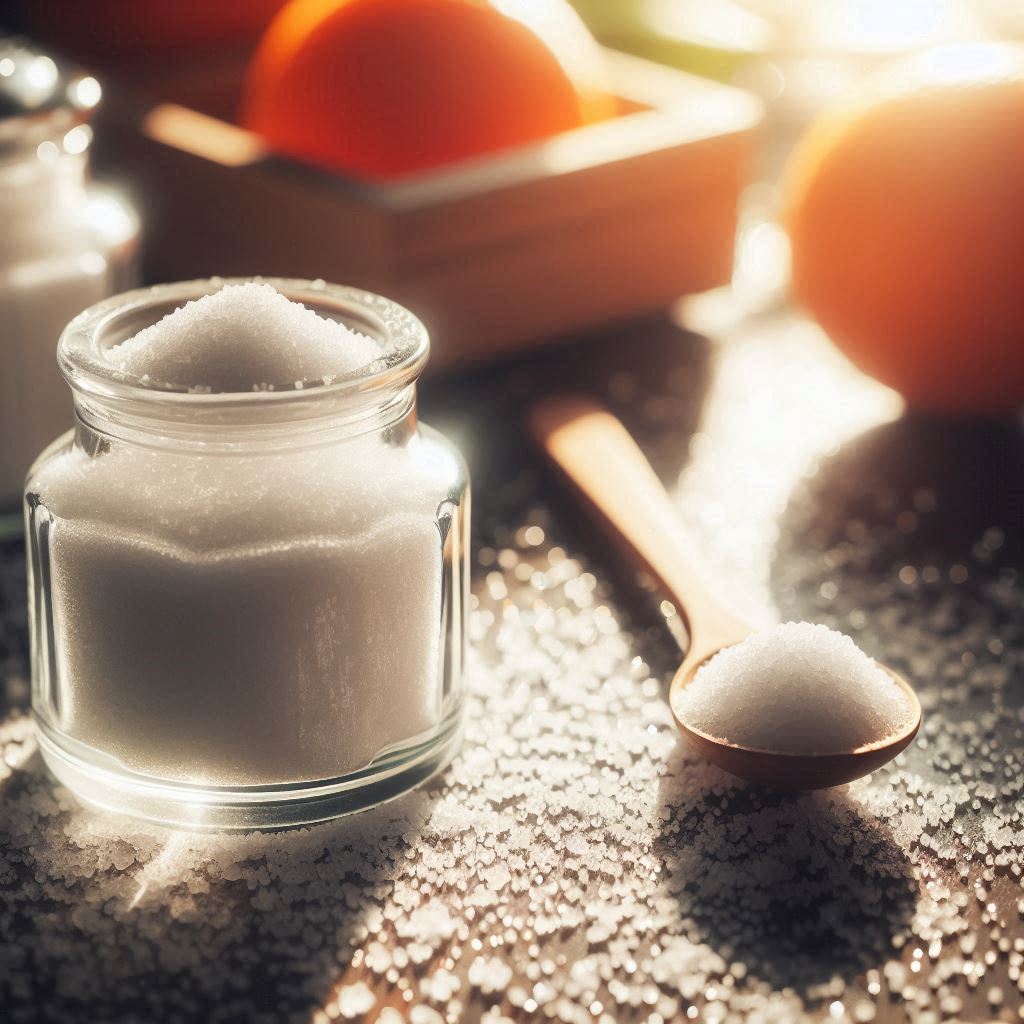Vitamin D, also known as calciferol, is a fat-soluble vitamin that plays a crucial role in various bodily functions. It can be obtained through dietary sources or synthesized by the body when exposed to sunlight.
Recommended Daily Intake:
The recommended daily intake of Vitamin D is typically around 15 micrograms (mcg). However, individual needs may vary depending on factors like age, skin color, and overall health.
Benefits of Vitamin D:
- Anti-inflammatory: Vitamin D has anti-inflammatory properties that can help reduce inflammation throughout the body.
- Antioxidant: It acts as an antioxidant, protecting cells from damage caused by free radicals.
- Neuroprotective: Vitamin D plays a vital role in brain health and may help protect against neurodegenerative diseases.
- Immune System Support: A sufficient intake of Vitamin D is essential for a healthy immune system, helping your body fight off infections.
- Muscle Function: Vitamin D contributes to muscle strength and function, supporting overall physical health.
- Calcium Absorption: Vitamin D is essential for the absorption of calcium, a mineral crucial for bone health.
Choosing the Right Vitamin D Supplement:
When selecting a Vitamin D supplement, you’ll often encounter two main forms: Vitamin D2 and Vitamin D3.
- Vitamin D2 (Ergocalciferol): Found in plants, fortified foods, and some supplements.
- Vitamin D3 (Cholecalciferol): Naturally produced by the body when exposed to sunlight and found in animal foods.
Studies suggest that Vitamin D3 supplements tend to be more effective in raising blood Vitamin D levels compared to Vitamin D2. Many experts recommend Vitamin D3 due to its natural production in the body and its potential for better absorption.
Dietary Sources of Vitamin D:
In addition to supplements, Vitamin D can be obtained from certain foods:
- Fatty Fish: Salmon, swordfish, tuna, and sardines are excellent sources of Vitamin D.
- Fortified Foods: Orange juice, milk, plant-based milk alternatives, and cereals fortified with Vitamin D can be good options.
- Other Sources: Cod liver oil, beef liver, egg yolks, and mushrooms exposed to sunlight can also provide Vitamin D.
Remember: While sunlight exposure is a natural way to produce Vitamin D, excessive sun exposure can be harmful. Consult with a healthcare professional to determine the appropriate amount of sun exposure and Vitamin D supplementation for your needs.
By ensuring adequate Vitamin D intake, you can support your overall health and well-being.

Image Wow_Pho / Pixabay


